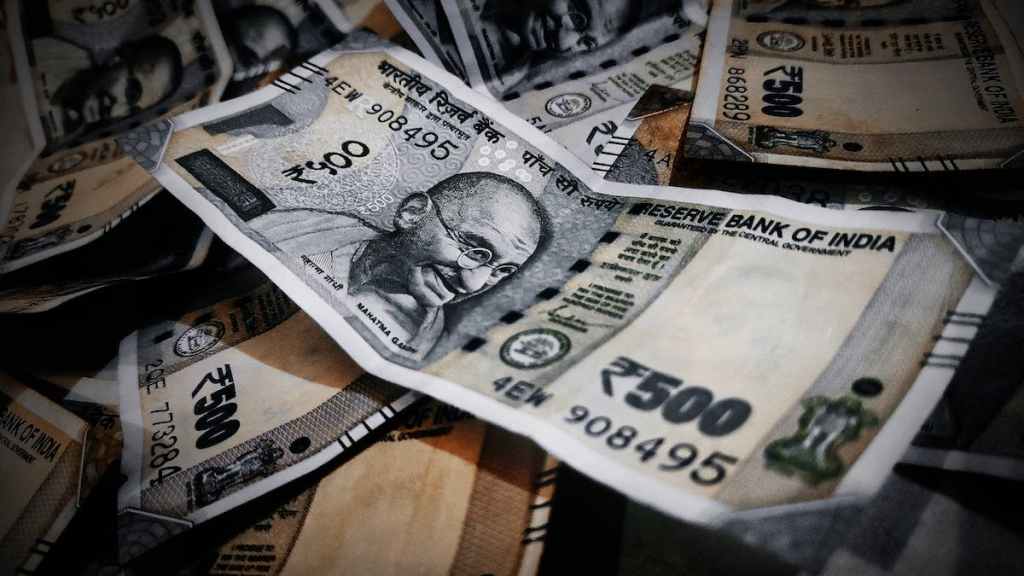Non-banking financial companies (NBFCs) have urged the Reserve Bank of India (RBI) to re-evaluate the sharp increase in risk weights assigned to bank loans to them arguing that the move inadvertently has the potential to sharply reduce the flow of credit to MSMEs, self-employed and other sectors which rely upon credit from NBFCs. Risk weight is the capital required by banks to be set aside for loans disbursed.
Higher risk weight, as a safeguard against anticipated losses, means making credit likely more expensive.
The central bank last week had increased risk weight for bank lending towards consumer credit, including personal loan from 100 per cent to 125 per cent; NBFCs’ consumer loans from 100 per cent to 125 per cent; credit card receivables from 125 per cent to 150 per cent and for NBFCs’ credit card receivable from 100 per cent to 125 per cent.
Finance Industry Development Council (FIDC), a representative body of NBFCs in India, said the cost of funds to these critical sectors is also likely to increase sharply, especially at a time when the MSME and self-employed segments are emerging out of the Covid impact and are looking ahead to increase capital expenditure through modernization and expansion of productive capacity.
“We would request the RBI to kindly restore the risk weight on bank loans to NBFCs where majority of the NBFCs’ loan book consists of MSME loans, vehicle loans and other categories of loans that have been excluded from the purview of the aforesaid circular,” FIDC said.
With the growing competition from banks in vehicle, gold and home loans, an increasing number of NBFCs were looking to tap the MSME segment, FE had reported in June this year. As on March 31, fresh unsecured business loans by NBFCs increased by 24 per cent YoY to Rs 33,915.3 crore, data by FIDC and CRIF High Mark showed.


